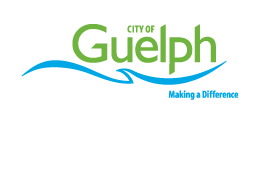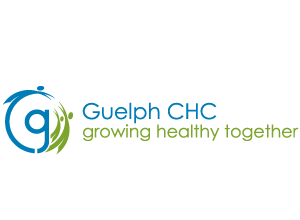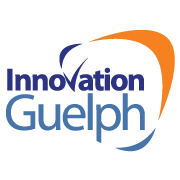Elevator Academy: Session one: Bootcamp (content recap)
The Elevator Academy has officially kicked off! Join us select Tuesdays, 7 p. m. to 9 p. m. at 10 Carden to not only learn some key project development and management skills, but also to get a head start on completing your EP application (Idea Intake Form).
The content of this past Tuesday’s Bootcamp session revolved around articulating the problem your project is looking to solve, asking some key questions to flesh out how your project will go about solving that problem, then putting it all together to identify what you know and what else you might need to know to achieve your project.
“A problem statement is a clear, concise description of the issue(s) that need(s) to be addressed by a problem solving team. It is used to centre and focus the team from the beginning, keep the team on track during the effort, and is used to validate that the effort delivered an outcome that solves the problem statement.” ~ Source ceptara.com
Forming a good problem statement involves three elements:
- Vision – what does the world look like if we solve the problem?
- Issue Statement – one or two sentences that describe the problem
- Method – the process that will get followed to solve the problem
Here are some great question to help you articulate your problem statement:
- What is the issue?
- What is the impact of the issue?
- What impact is the issue causing?
- What would happen if we didn’t solve the problem?
- What will happen when it is fixed?
- What is different because of your project?
- What are the boundaries of the problem?
- Organizational
- Societal
- Geography
- Who does your problem affect?
- Specific groups
- Age
- Gender
- Geography
- How many people are affected by this problem?
- When does the issue occur?
- When does it need to be fixed?
- Is the problem short term or will it continue into the future?
- Where is the issue occurring?
- Only in certain…
- Locations
- Processes
- Products
- Only in certain…
- Why is important that we fix the problem?
- Only in certain…
- Locations
- Processes
- Products
- Only in certain…
- What do you already know about the problem? What gaps are there in your knowledge?
- Data
- Who else is working on this problem? What are they doing?
- Why is what you are doing different?
- Talk to people (users, those affected, those who care about the issue)
This session’s content will help you answer the first four Elevator Project application questions:
- What problem are you trying to solve? Why is it a problem?
- What is the idea? How are you going to solve the problem?
- Who will benefit from your idea and how?* How many people will be impacted or engaged?
- What makes your solution the right solution? What sets your solution apart from other currently available solutions?
Join us Tuesday, November 17th from 7 p. m. until 9 p. m. at 10 Carden for session two of the Elevator Academy Reaping Results (Resources & Evaluation), which will focus on developing the skills to answer the next three application questions:
- How will you know if your idea is successful? What things will have changed? What can you measure?
- What resources do you need to make your project happen? Check all that apply. Include a detailed explanation of the resources required in each category.
- What resources have you already secured?
Sign up for session two here




